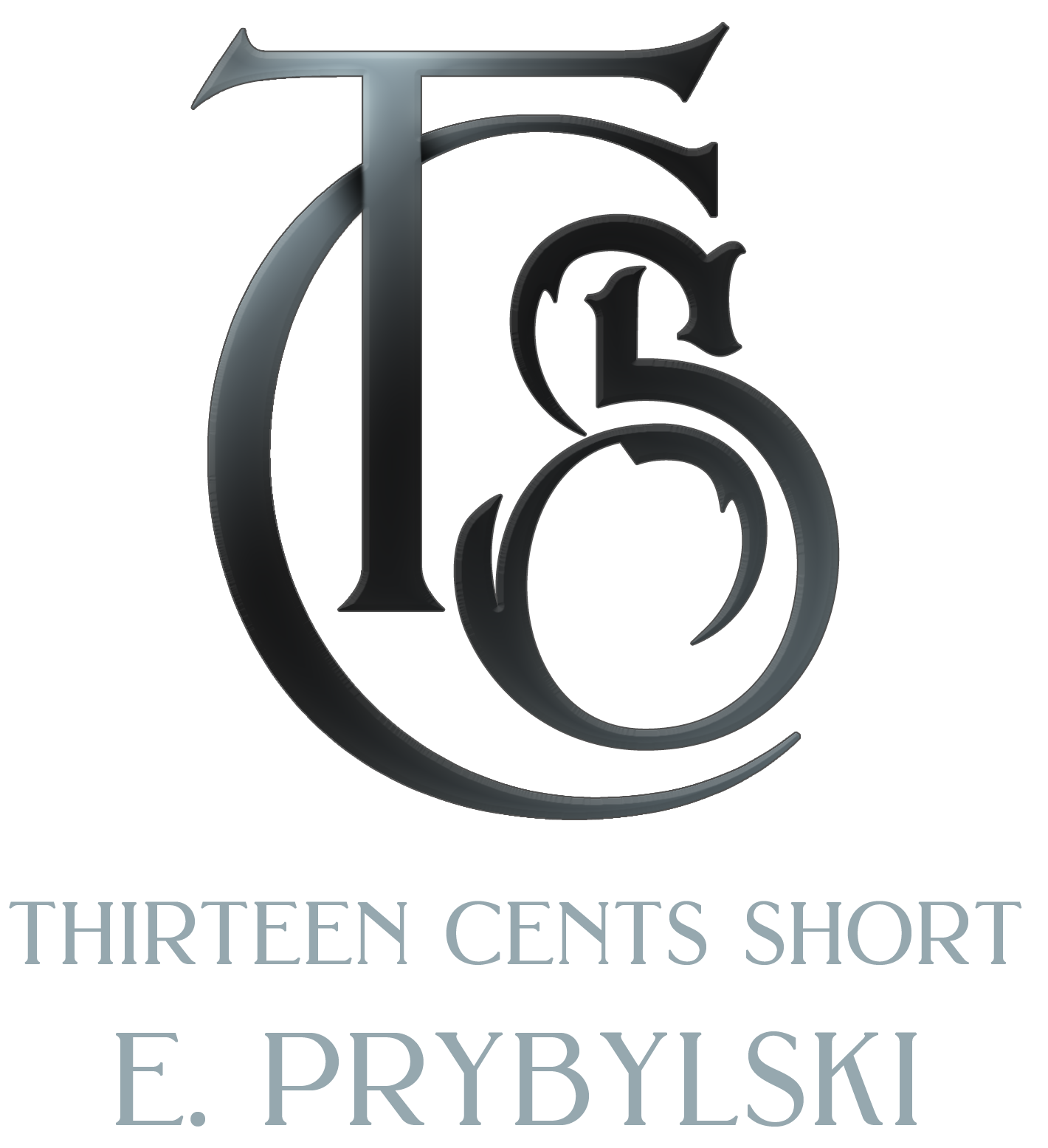I want to preface this by saying I’m not a bigwig editor who’s been doing this for thirty years and makes a million dollars a contract. I am a pretty small time editor who has more bills than money, and I’ve been in the industry for about five years now. Of course, I’ve been writing and reading far longer, but when it comes to the business of publishing books it’s been about five years.
However, during that time, I have spent most of my career as an editor of various sizes and flavors. In addition to doing work for Insomnia Publishing I do freelance editing (as you all know!), and during a recent discussion with a prospective client I heard him talking about how most editors he’d worked with were either not aggressive enough, not flexible enough, , or tried to rewrite the story in their own words. Those are all sort of the “deadly sins” of editing, to me. Hearing that got me to thinking. Mileage may vary, as I can only speak for myself and my philosophy, but I’ve known enough other editors to be able to bounce these thoughts off them, too.
The job of an editor is complicated. While we need to ensure the writing is as polished as we are able to make it we cannot insert our voice into the writing. That requires being a chameleon. We must be able to make any things we insert into the writing sound, to the best of our ability, like they belong there. Either that or, my preferred method, is write what we think should be added then encourage the author to adapt it to their own use however they see fit. That way the author can make tweaks to ensure the work is their own.
We also need to remember to be “aggressive” enough to address everything we think is wrong. If you think a whole chapter belongs in another part of the book or doesn’t work at all? It’s your job to tell the author that! I have no hesitation in saying when something doesn’t work. You are being paid for your opinion, and if you aren’t honest and up-front about what you think then you’ve taken someone’s money and not provided the top-tier feedback they expect from you. It’s disingenuous.
HOWEVER —
You need to separate out your personal taste from whether or not something makes sense. Just because I have personal preferences when it comes to my “style guide” that doesn’t mean that my style guide is superior to someone else’s. If I encountered an author who was deadset against using my precious Oxford comma I wouldn’t attempt to force the issue; that would be disrespectful. But if an author wrote the whole book in passive voice and claimed it was superior to active voice then you have a duty to attempt to reason with them. That said, unless I’m working with someone as part of a publishing contract, I am not going to fight with my clients. That’s just rude.
An editor also needs to be a bit flexible. I have clients who have specific style guides for their writing that needs to be adhered to. It’s important to them to make sure said style is present. As such I need to be prepared to learn and watch for the things in their guide. It’s important particularly if I am working with a client whose work is being overseen by another publisher since they will have their own guidelines.
I’m sure I had some witty way of wrapping this up when I started it, but it’s wandered out of my head. I think I’ve said all I needed to say, though, about editing and what I feel some of the most important attributes of an editor are. These, of course, are not the only things we need to know. We need to be skilled at grammar, multiple styles, and understand the structure of stories as well as having a good head for word usage. It’s a complicated bunch of things we need to know. But when it comes to working with clients I think these are some of the more important PR points we have when handling manuscripts for other people.

Good article. I agree with your style of editing.
Thank you! I’m glad you found the article positive for you.